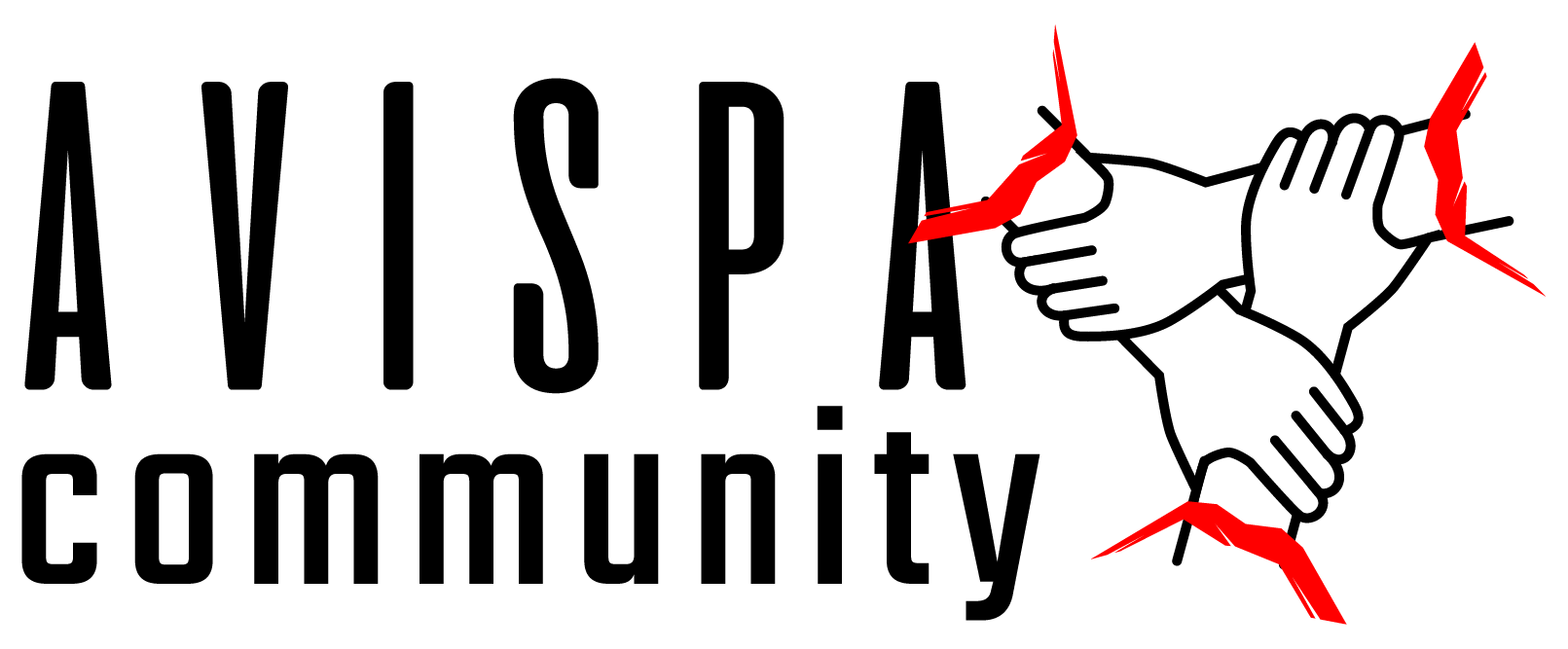Cover image: Members of the Otomí community during the Second National Assembly for Water and Life carried out in Amealco, Querétaro. Photo: Santiago Navarro F
Organizations, communities, and collectives in defense of water, from multiple geographies of Mexico, convoke the Fourth National Assembly for Water and Life to take place on March 23 and 24, in the community of La Magdalena Tlaltelulco, Tlaxcala.
To mark the International Day of Water, the invitation emphasizes that the territorial dispossession and plundering of water affecting Indigenous peoples and communities, isn’t only happening in this county, but throughout the world, part of the global capitalist war on the people.
They highlight that in spite of water being an essential element for life, the current water crisis shows that its availability serves the interests of industry and millionaires. In particular, they highlight the case of communities in Tlaxcala—the state which will host the next assembly—where water wells are being exploited by industry and real estate development projects without any regulation.
They say that the municipal seat, La Maddalena Tlaltelulco, is facing the “authoritarian and violent dispossession of water wells pertaining to the ejido community, putting at risk the only source of subsistence, agriculture, but also community life with its own autonomous dynamics and forms of organization.”
They also mention the transnational companies entering the state of Tlaxcala with green energy projects, where “they arrive to deprive the population of rain and water for the harvests.” These projects of “development” contaminate the earth, air, and waters of the rivers and lakes, damaging the health of the population.”
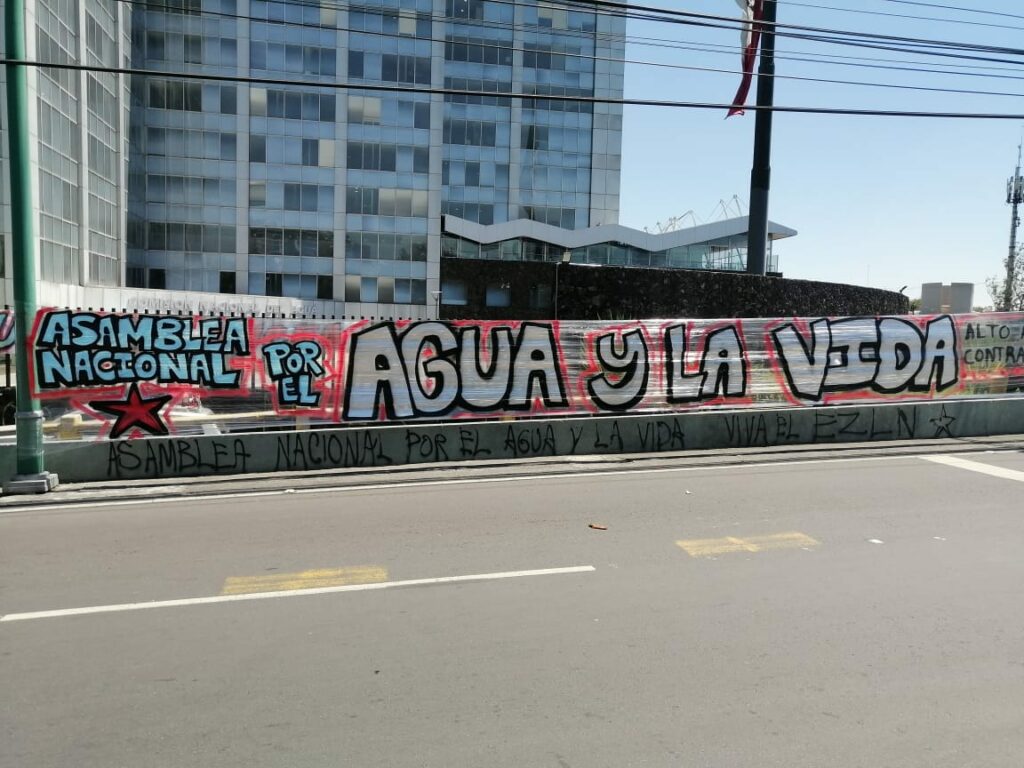
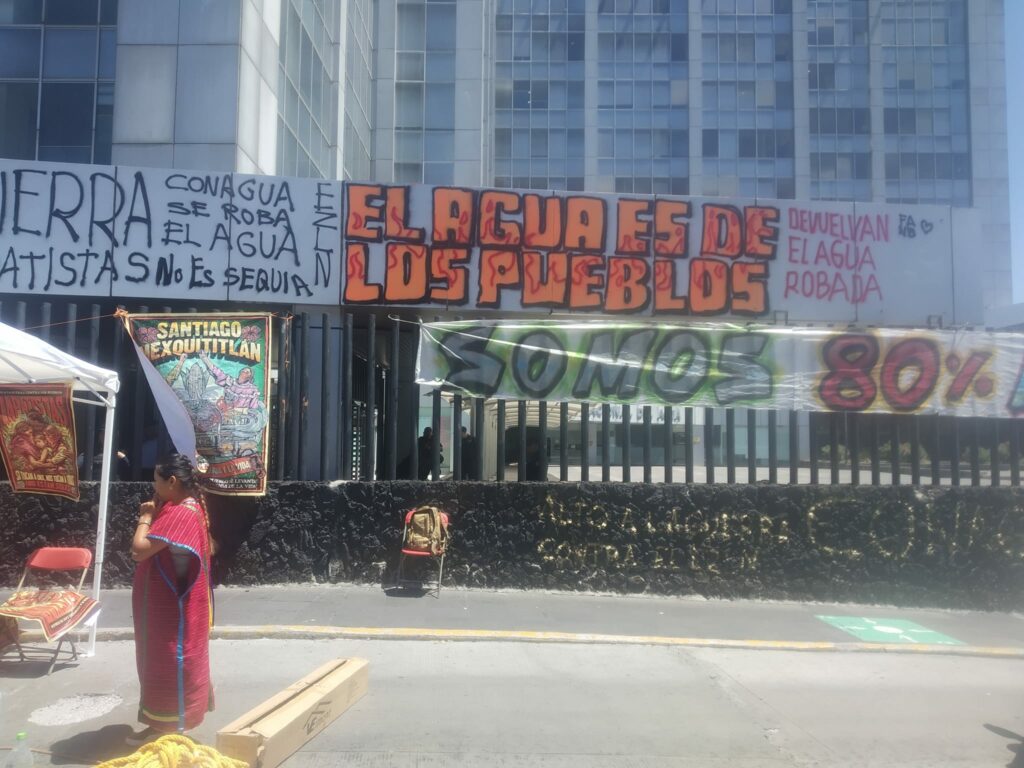
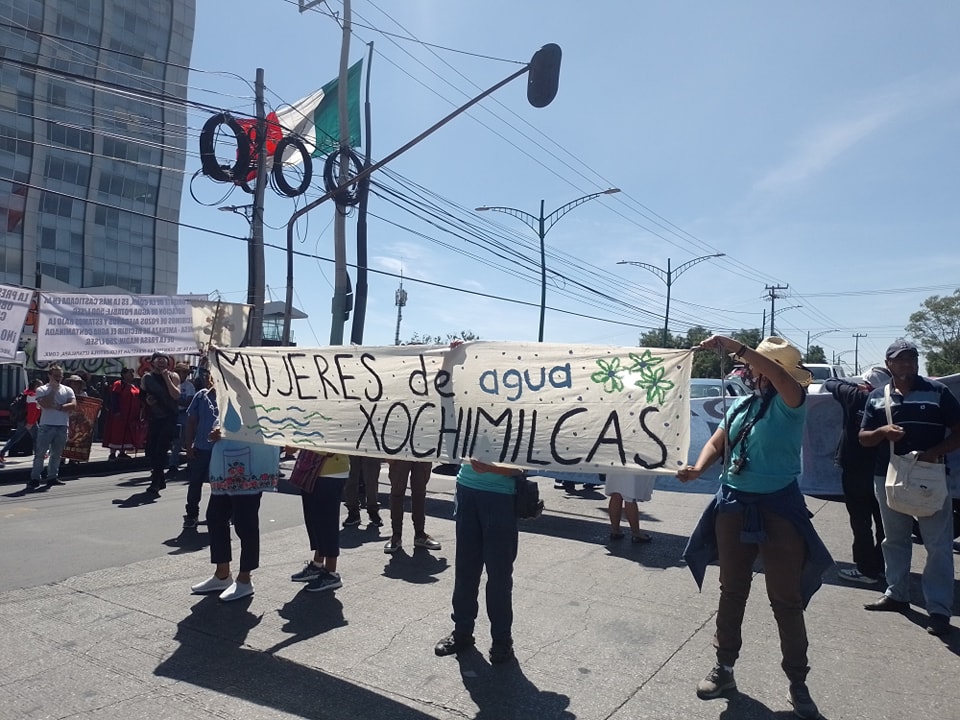
Mobilizations in front of the offices of CONAGUA in Mexico City. September 2023
The organizations give another example, that of the urban zone of the Valley of Mexico. The National Water Commission (CONAGUA) reported that “day zero,” which is to say, when the water supply will end and access to the liquid will be tightly rationed for this region, will arrive on June 26.
You might be interested in- “It’s Not Drought, it’s Plunder”: Assembly for Water and Life Protests CONAGUA
At the same time, they point out that private industry is demanding an “update” to the legal and regulatory frameworks to continue hoarding water. They denounce the “war for water” where CONAGUA “operates with impunity and complicity in benefit of the private sector, transnational companies, and major financial capital.”
Yes, There is Water. It is Being hoarded!
The invitation sent out on February 27 cites an investigation from the Autonomous Metropolitan University showing that “a reduced group of politicians and businessmen are responsible for the plundering of water. Among them are: the Cerveceria Cuauhtémoc Moctezuma, plundering 143,700 million liters of water yearly, Mexicana del Sobre, plundering 445,000 million liters of water yearly, and the Compañia Industrial Minera, plundering 8,000 million liters a year,” they detail.
They also list companies that produce junk food, like the transnational company, Coca Cola, that reports using 55,000 million liters of water yearly. Or the companies Danone and Nestlé, the first of which extracts 15,000 million liters yearly, and the second 10,000 million liters yearly. “The list goes on, with Bimbo, Bachoco—chicken companies, Walmart, real estate development companies, and many others that receive all the water that they want, while many people and families don’t have any,” they emphasize.
Institutionalized Dispossession and Territorial Reorganization
The communities and organizations sound the alarm in the face of different initiatives that from the governmental and legislative spheres that seek to institutionalize the dispossession of water.
They cite cases in Querétaro with the initiative of the Law that Regulates the Provision of Drinking Water, Sewage, and Sanitation Services of the State; in Puebla with the Law of Water and Sanitation; and in Tlaxcala with the Law for the Provision of Drinking Water, Sewage, and Sanitation Services.
It is important to remember that since March 2021 in Querétaro, the people have been resisting the so-called Water Law which is considering the possibility of municipalities and the State Water Commission (CEA) privatizing water by granting concessions to private companies for a time period of up to 20 years.
According to activists and members of the Otomí community of Santiago Mexquititlán, it was not enough to show evidence of the plunder of water and the multiple irregularities committed by public officials. This was not considered by the CEA, who favored private business, mostly real estate companies, above the rights of the people.
Worse still, in a report on February 5, CONAGUA pointed out that Querétaro is one of the entities most affected by serious drought.
At the same time, the call also eludes to the accelerated process of territorial reorganization through megaprojects being pushed by the so-called “fourth transformation.”
Among them is the Maya Train, the Interoceanic Corridor, the Santa Lucía International Airport, the Morelos Integral Project. “In Queretaro, CDMX, Tlaxcala, and Puebla, the reorganization is named: Train Mexico-Querétaro, General Program of Territorial Organization, Metropolitan Program of Puebla-Tlaxcala, respectively.”
The communities in resistance assert that these plans and programs are designed and orchestrated by a handful of people, “who seek to decide over the lives of entire communities, to satisfy their ambition and meet the demand of large investors who are designing the death and destruction of our communities.”
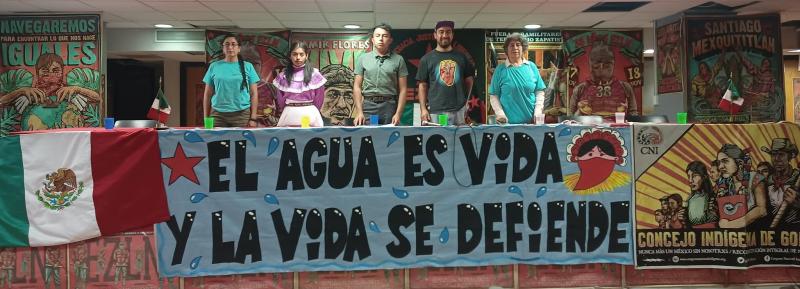
Third Assembly for Water and Life in Mexico City
In the invitation for the next assembly, emphasis is put on what they consider to be the structural crisis, as well as the violence, growing insecurity, and activities of organized crime with “the proliferation of paramilitary groups increasing under the protection of the political class and the current government; the objective, to contain the resistance and organization of the communities.”
In light of this, those organizing the National Assembly for Water and Life define its principles as anticapitalist, antipatriarchal, and antipolitical party, autonomous and self-managed. They emphasize: “We fight, defend, and resist with our existence, and we sustain ourselves through the construction of collective care in search of autonomy for our bodies-territories weaving community networks for the defense of life.”
You can consult the invitation and complete list of activities here in Spanish.


